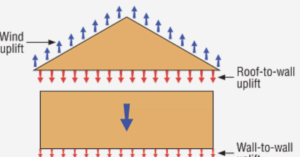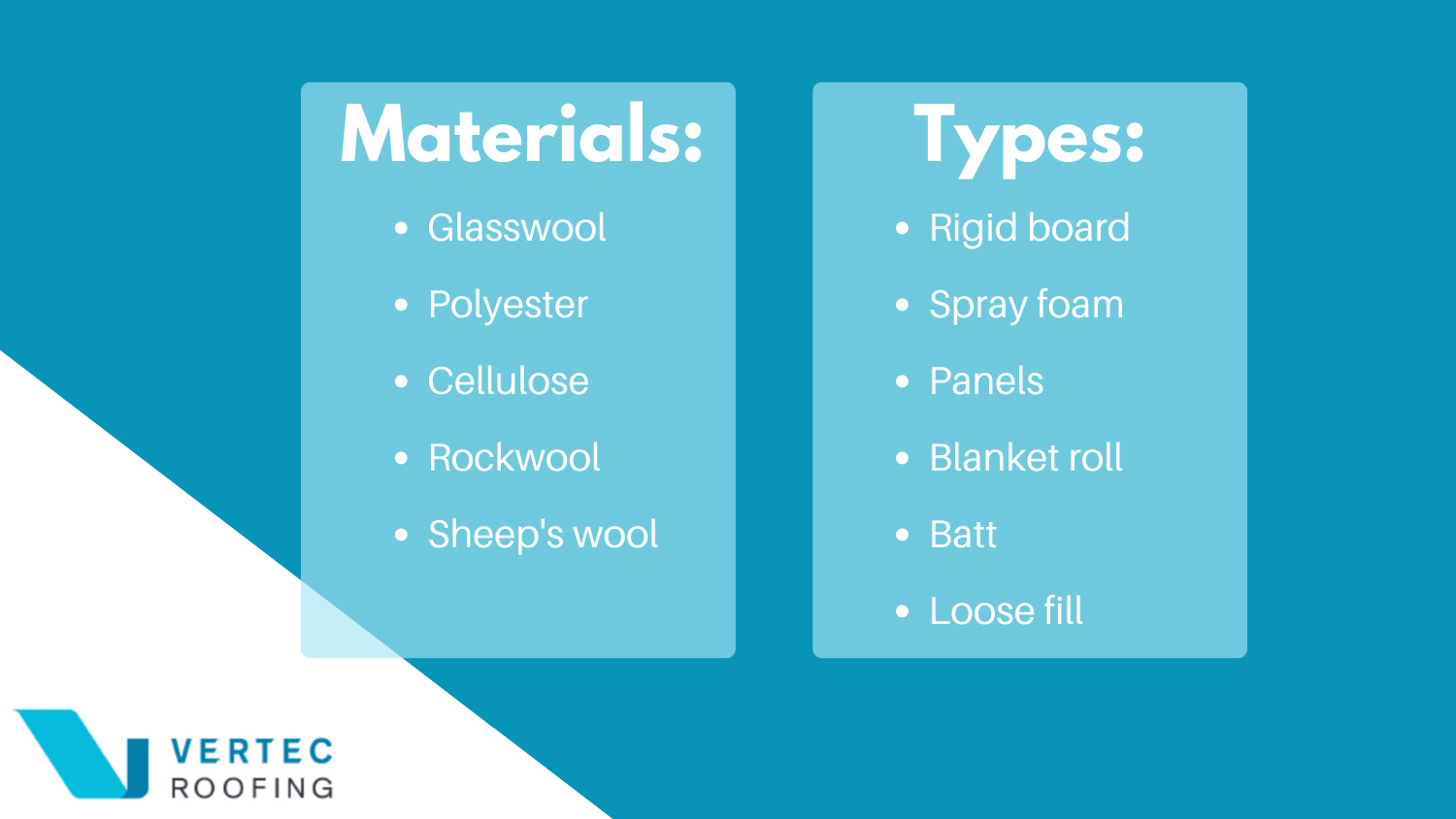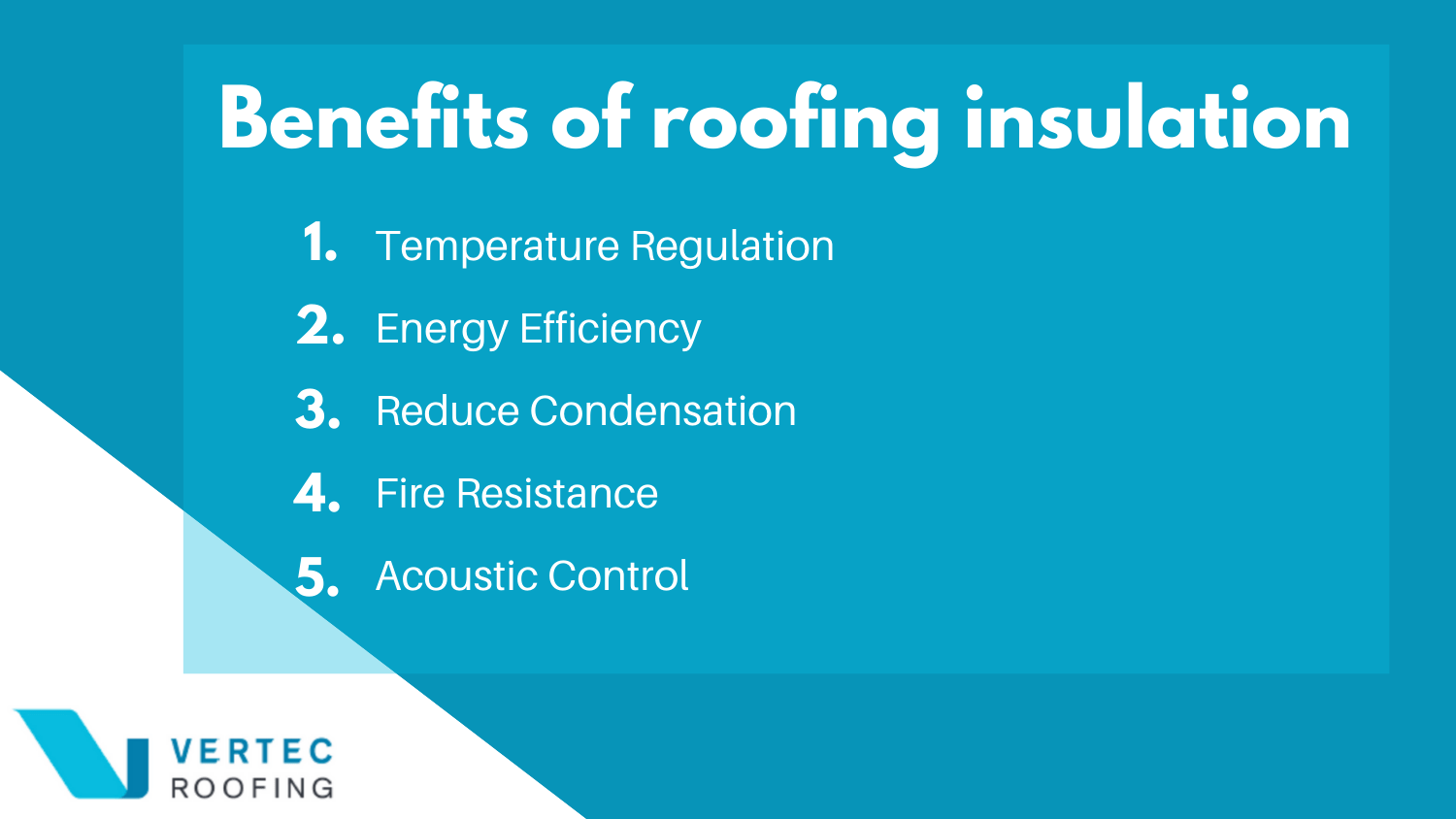

Your roof is the number one protectant for your home from the exteriors. Roofing will protect the interiors of your home from heat, cold, wind, and rain. Of course, your roof is not the only thing providing a barrier to the outside – roofing materials like insulation, sarking, and flashing go a long way in ensuring your roof provides a sturdy, protective structure for your home. In particular, insulation keeps the cold out in winter and the heat at bay in summer. So, what is roofing insulation? What are the ceiling insulation options when renovating or building a new home? And do all roofs need insulating?
Vertec Roofing are Sydney and Canberra’s leading roofers. Specialising in metal roofing across residential and commercial properties, we’re here to provide the ultimate roof and ceiling insulation guide. Read on to discover everything you need to know about insulating your roof.
Roofing insulation refers to a product of low to medium density that will provide thermal insulation in a roofing system. If you’ve ever seen blanket roll insulation – those large insulation rolls of fluffy, dense material – it is likely being prepared for some form of roof insulation. Blanket roll insulation is most common for roofing insulation as it is ideal for installation across a large area. Alternatively, your roofing professional may also install batt insulation, which is pre-cut to fit in between joists, studs, and roofing materials.
Roofing insulation can also be found in rigid board form, spray foam, loose-fill, or structural insulated panels.
There are different types of materials used for roofing insulation. Roofing insulation may be made of mineral fibres, glass wool, polyester, cellulose, rock wool, wood fibreboard, cellular glass, foamed plastic, lightweight concrete, or other materials.

In short – yes. Insulating your roof provides a wide range of benefits, including:
Roof installation is vital for residential properties as it keeps cool air from getting inside. Have you ever entered an older home, only to feel like the walls are paper thin, and it’s extremely drafty inside? This is what it feels like when a building does not have adequate insulation. Similarly, this is also experienced in summer – the sun’s heat can easily penetrate through roofing materials where there is no insulation, creating a trap for hot air.
Not only will insulation provide a thermal barrier to keep occupants comfortable, but roofing insulation is also important for energy efficiency. Roof insulation reduces energy consumption by preventing heat loss during colder months and heat gains during warmer months.
Condensation can promote moisture build-up, which will deteriorate your roofing materials, and cause mould, water damage, rotting, and vulnerabilities in the roofing structure.
Condensation forms when humid air comes into contact with a cold surface, creating water droplets. Effective roofing insulation will ensure that surfaces are warm, preventing the risk of condensation build-up. However, it’s important to ensure that your roofing insulation is installed by an expert, as an improper installation with gaps in insulation can promote condensation – not prevent it!
In addition to protection, heat regulation, and condensation reduction, roofing insulation can also provide the benefit of fire resistance. Depending on the insulation materials, many roof insulators will provide a level of fire resistance and protection with non-combustible materials. For residential and commercial properties, this type of roof insulation can go a long way in protecting the structure in the event of a fire.

Ceiling installation helps to reduce noise transmission from the exteriors and between rooms in the building. High-density insulation will absorb noise rather than transfer noise to different areas of the house.
Despite the thermal regulation properties of many metal roofing materials in today’s roofing world, it is still very important to ensure your metal roof is well insulated. The same benefits listed above can all be attributed to metal roofs with insulation; ensuring that your metal roof is well insulated will reduce condensation and noise and improve the home’s overall energy efficiency.
For more information on what may be appropriate or required for your metal roof, get in touch with the experts at Vertec Roofing. We provide roof repairs, roof inspections, roof replacements, and new roof builds for homes and commercial buildings. Sydney and Canberra’s leading roof repair experts, the team at Vertec Roofing will ensure that your roof is well-insulated, protected, long-lasting, and performing at its best all year round.

At Vertec Roofing, we believe roofing is about protecting homes and enhancing comfort.
One Response
Wow, I never thought about this subject in the way you presented it. Your unique take adds a new dimension to the conversation, and I’m excited to delve deeper into this topic now regarding "ROOFING INSULATION GUIDE". Thanks for sharing.